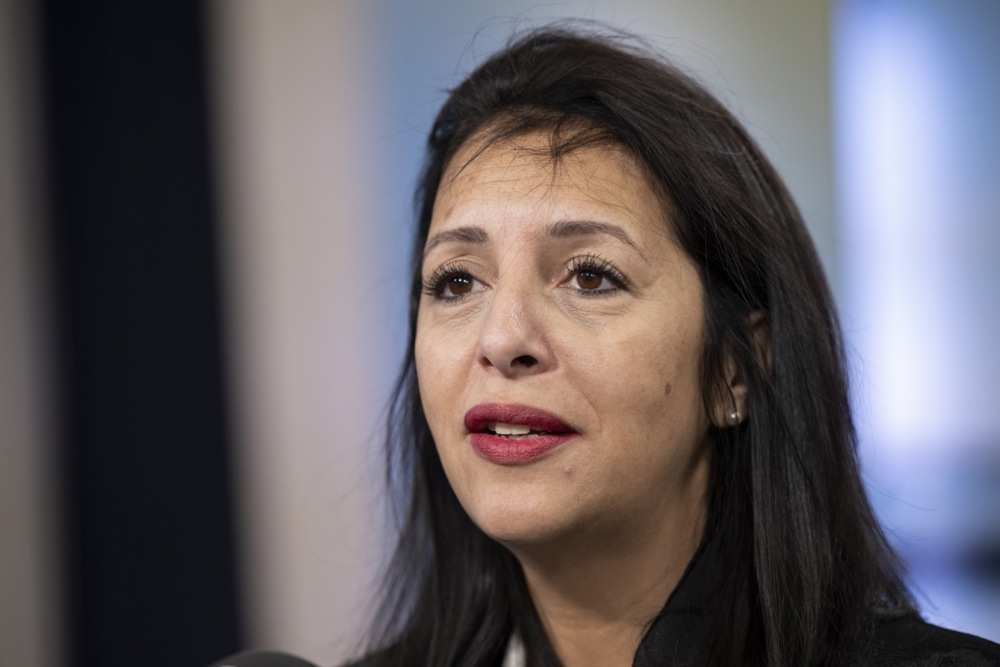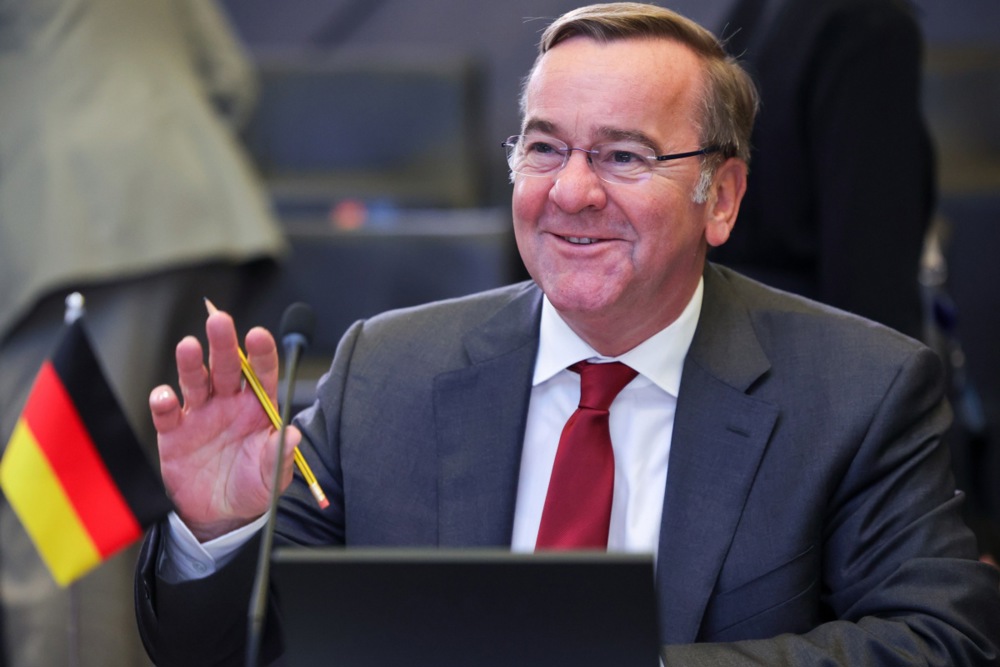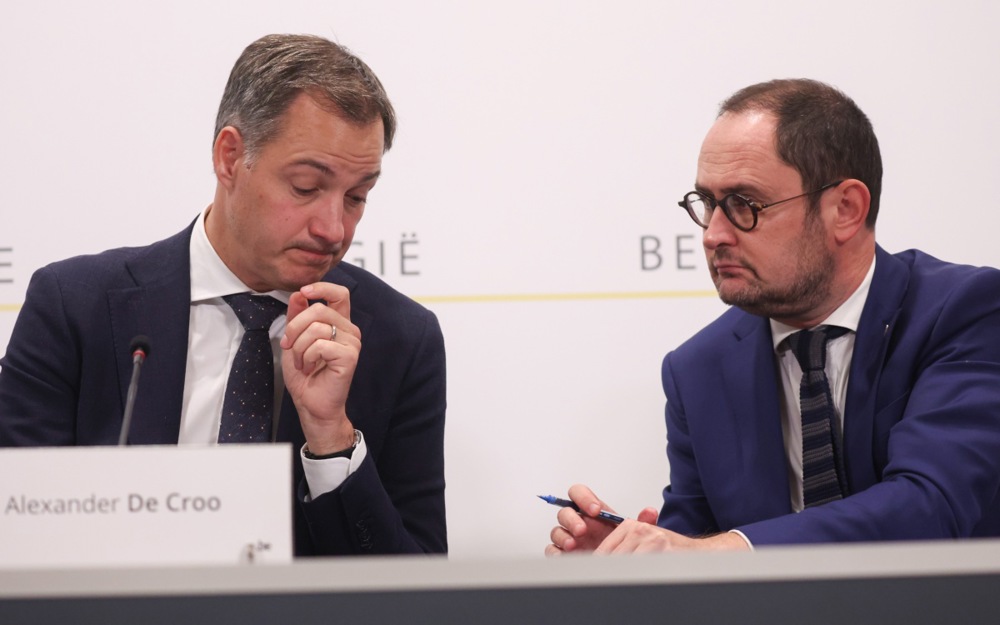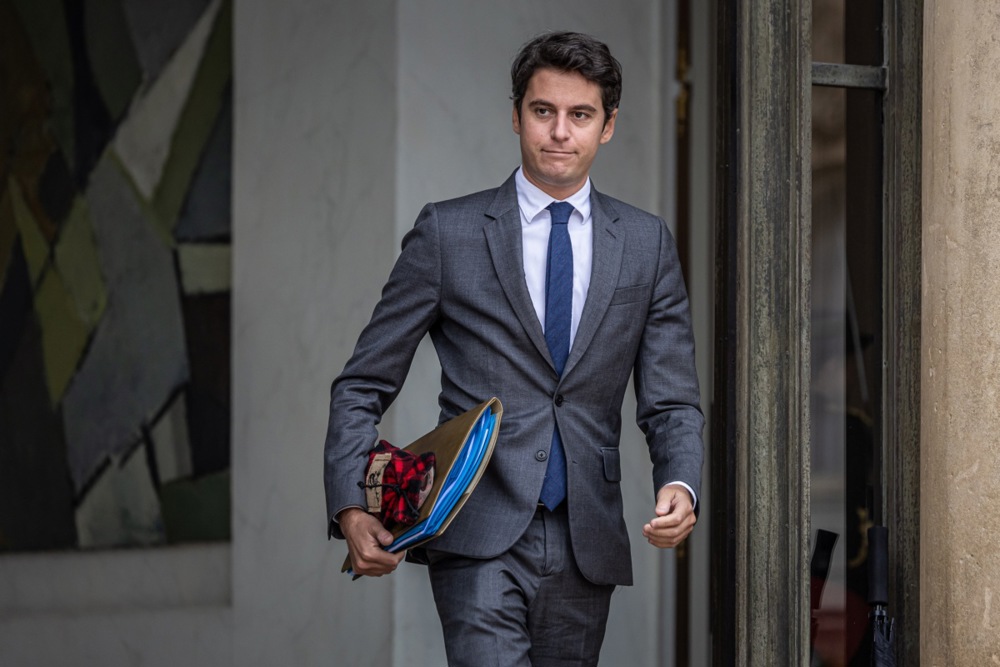Belgian news outlets are accusing the Belgian Government of letting a Qatari official connected to Qatargate off the hook in a deal with Iran in order to free Belgian NGO worker Olivier Vandecasteele.
There was already significant criticism surrounding the release of the convicted terrorist Assadollah Assadi, who was apprehended in 2018 while plotting a major bomb attack in Paris.
Now, Belgian newspaper Le Soir has claimed that Belgium also dropped the prosecution against Qatari Labour Minister Ali bin Samikh al-Marri, suspected of bribing socialist European Parliamentarians in the ongoing Qatargate scandal.
Commenting at a press conference on November 17, Belgian Prime Minister Alexander De Croo assured reporters that “there had never been a connection with any other matter in the negotiations with Iran”.
According to De Croo, it was Oman that played a decisive role as mediator in the case, not Qatar.
Spokespeople for the Belgian justice department also stated the media reports were false.
Le Soir claims Qatar played a significant role in the negotiations between Belgium and Iran and succeeded in getting its official off the hook.
Belgium had issued a Red Notice with Interpol for the arrest of al-Marri, the Qatari Minister of Labour, after the Qatargate pay-for-influence scandal broke in December 2022.
A Red Notice is a request to law enforcement worldwide to locate and provisionally arrest a person pending extradition, surrender, or similar legal action.
Al-Marri is alleged to have been the brains behind a malicious influence campaign aimed at enhancing Qatar’s international reputation, notably in the area of workers’ rights.
Belgian police are said to have been aware of a meeting in a Brussels hotel in October 2022 between the Qatari minister, former MEP Antonio Panzeri – a prime Qatargate suspect – and their close aides.
This clandestine meeting has allegedly been used to influence the proceedings of a European Parliament subcommittee to which al-Marri had been invited.
The investigations seem to indicate the labour minister’s potential involvement in the bribery plot.
The sudden withdrawal of the Red Notice against him is now being linked to Qatar’s role in the release of Vandecasteele and three other European nationals who were jailed in Iran.
It appears that the decision to drop the case against al-Marri was made in May 2023.
At the time, Belgian officials were in the final and difficult stages of negotiating the release of Vandecasteele, who had been arbitrarily held in Iran and whose life was deemed to be in danger.
Despite al-Marri enjoying immunity thanks to his work with the International Labour Organisation (ILO), the presence of the Red Notice was a nuisance and risk for him.
Vandecasteele had been imprisoned for 455 days under dire conditions. One week after his release, Iran freed two Austrians and a Danish woman. Belgium always said it brokered the deal with the help of Oman and never mentioned Qatar.
Qatar is currently also playing a key role in the negotiations between Hamas and Israel, with the top members of the terror organisation residing in Qatar. The country, together with Iran, is also accused of being a main sponsor of Hamas.
The Belgian Qatargate investigation has been mired in problems since the beginning.
In late September this year, the inquiry even hit a what may prove a final roadblock as defence lawyers claimed fundamental legal procedural errors had been made.
If the lawyers’ arguments are proven correct, the whole case could be rendered void. A verdict on this is expected as late as September 2024.
The initial lead investigative judge Michel Claise has already been forced to recuse himself from the inquiry amid allegations of a conflict of interest.
Claise and Marie Arena, another MEP named in the case and who has close connections with suspects, have had friendly relations for at least five years but for a long time she remained under the investigators’ radar.
It later turned out police found almost €300,000 in cash at the home of her son during a raid.
The rash of difficulties regarding the inquiry led one of the first major suspects, the Greek MEP Eva Kaili, to dub the case “Belgiumgate”, saying most of the problems seemed to stem from the investigating country.
Revelations #BelgianGate
“The political line of?@EP_President #Metsola &her VP @pinapic @EvaKaili was targeted by the secret services & monitored in the investigators dossier-Although Kaili proposed a resolution condemning Morocco for arbitrary arrest of an activist! #QatarGate” https://t.co/msoXVYoVTd— Eva Kaili (@EvaKaili) November 16, 2023





